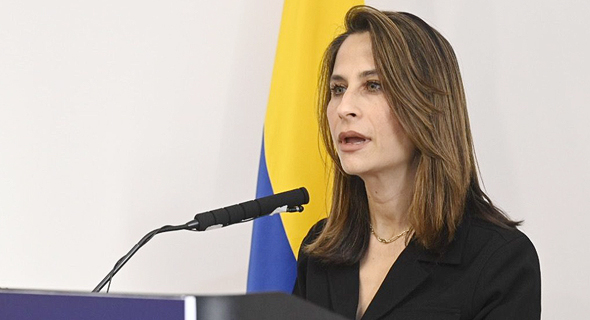
Five-year $70 million tech and innovation program for Arab sector launched by Ministry of Science, Innovation Authority
The funds will be distributed to accelerators, angel investor groups, and incubators who are encouraging innovation in the Arab sector. “Incorporating the Arab sector in the high tech industry is a first-rate social, economic, and strategic need,” said Science Minister
Meir Orbach | 17:23, 26.01.22
The Israel Ministry of Science, Technology and Innovation and the Israel Innovation Authority have launched an economic program to encourage Israeli-Arabs and minorities to enter the high tech sector, and better incorporate them in the industry. The program will see some NIS 225 million ($70.8 million) distributed over the course of the next five years through different programs that the authority is formulating, including those that boost innovation, encourage new tech entrepreneurs to branch out - especially those from the Arab sector or peripheral communities - and promote innovation among the Arab population.
The program includes a number of tools that have been specifically suited to fit the Israeli-Arab community. Entrepreneurship centers will be established throughout the country, and those awarded will receive an operating grant of up to NIS 2 million ($630,000) per year over the course of five years. They will work to encourage entrepreneurship and local innovation in different geographical areas, with an emphasis on those located in peripheral communities (geographically and socially). In addition, those awarded will also be able to work to encourage employment in their region by connecting human capital with potential employers and work to establish offices of tech companies in their area. These operations will receive additional grant funding of up to NIS 1 million ($314,000) per year over the course of five years.
During the course of the program, tech accelerators will be established, and receive funding of up to NIS 1 million per year to assist entrepreneurs. In addition, angel investor groups directed to funding these ventures will also be established, and receive up to NIS 900,000 ($283,000) per year over the course of three years. Aside from that, an incubator will also be established to encourage Arab entrepreneurship. An incubator supporting Arab entrepreneurs will also receive financial support of up to NIS 6.5 million ($2.04 million) from the Innovation Authority, at a rate of nearly 74-85% of the approved overall budget.
Israeli Minister of Science, Technology, and Innovation Orit Farkash-Hacohen noted: “Incorporating Israeli-Arabs into the high tech industry is a first-rate social, economic, and strategic need. Despite an increase in the number of Arab female and male students in academia, only about 2% of high tech employees hail from the Arab sector.”
